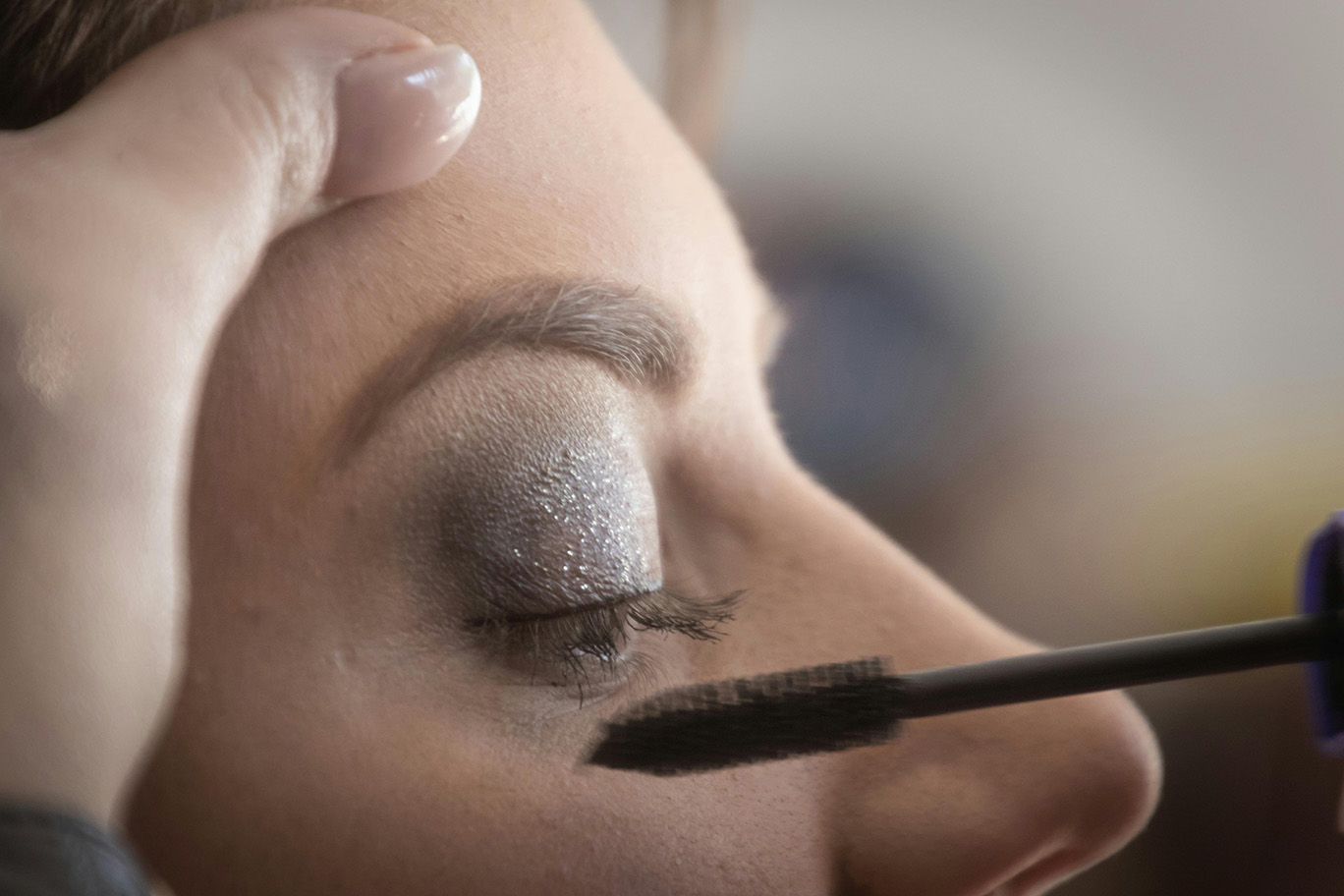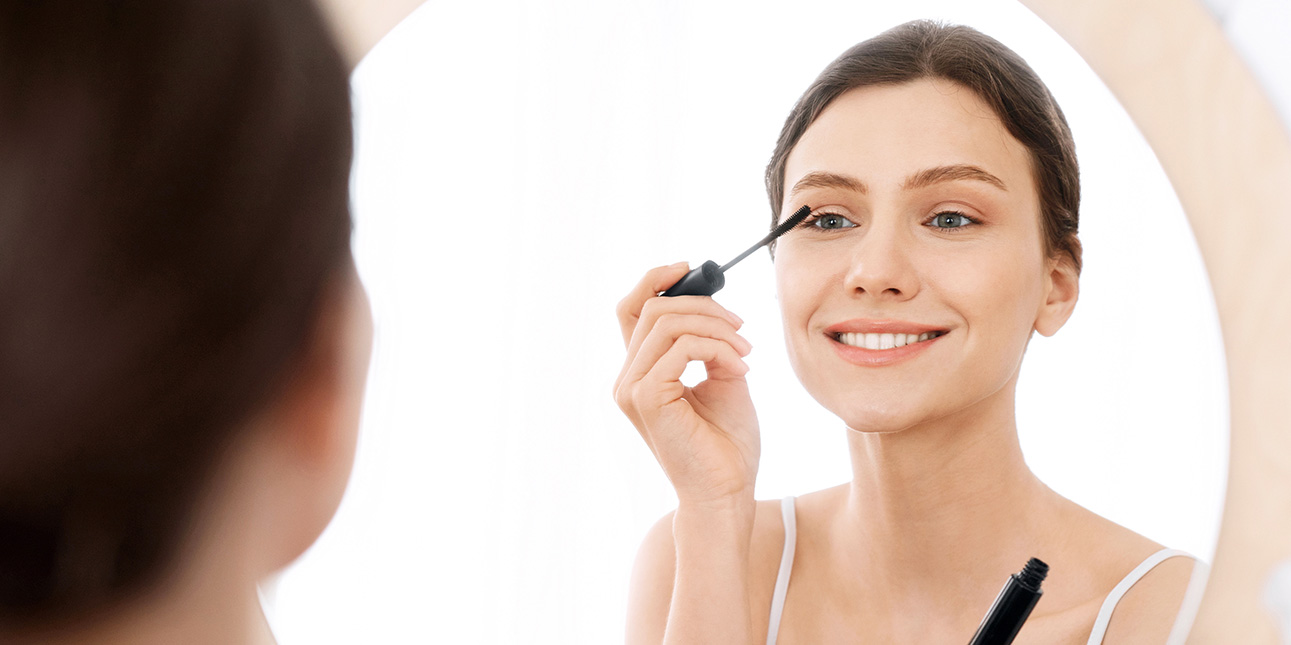Blog

Is Your Make Up Harming Your Eyes?
Posted: 27/06/2025
We use makeup to elevate our appearance but unfortunately many of us will have experienced a red or sore not-so-attractive reaction at some point. This is often due to the components of the products (which although designed to enhance safety by reducing the risk of infection) can trigger a sore or red eye. Even nail varnishes, gels and acrylics can trigger nasty reactions as our hands are often near our faces especially whilst we are asleep.
Lash extensions can cause reactions due to the glues used, or because the eyes are not cleaned carefully daily to clear build up of debris and secretions at the base of the lashes. Lash tinting can also cause problems due to the chemicals in the dyes used – always have a ‘tint test’ behind your ear a few days before having a tint.
Some lash serums contain chemicals called prostaglandin analogues or synthetic prostaglandins which can cause irreversible skin staining and change in iris colour when used long term. However, they do work very effectively in increasing lash length. For less risk of side effects, try products containing natural oils instead which stop breakage and allow the lashes to grow longer.
Makeup manufacturers may include descriptors like ‘natural/clean/medical grade/hypoallergenic’ which are all marketing terms without legal definitions in the cosmetics industry. Even if your make up contains one of these words it may still contain preservatives so always check the ingredients if you have had reactions to products previously.

Many of the chemicals used in eye make up are added to stop or slow the growth of microorganisms like bacteria fungi mould and yeast. This is important in order to avoid infections being caused. However, in some individuals they can cause irritation or set off allergic reactions. These are some of the commonly encountered ingredients that can cause reactions so if you know you react to more than one product you may be able to identify a common chemical which you could then avoid:
- Benzalkonium chloride – found in eyeliner, makeup remover and mascara. It is also found in some eye drops and if you react to it, your optometrist or doctor may be able to recommend alternative or preservative – free eye drops.
- Chlorphenesin – found in eye creams, eye liner, eyeshadow, eyelash glue, primer, makeup remover, mascara, serums
- Formaldehyde-releasing compounds – found in serum, eyelash glues
- Parabens –found in eye creams, mascara, eyeshadow, eyeliner, serums
- Phenoxyethanol – found in eyeshadow, eye creams, mascara, serums, eyeliner, primer, makeup remover, lash glue
- Phthalates – found in fragrances, makeup remover
- Retinoids – found in serums, creams, primer, makeup remover, mascara
- Salicylic acid – found in creams, makeup remover, serums
Top tips for reducing reactions:
- Wash your hands before applying makeup
- Always replace your products at the recommended frequency – usually 3 months
- Don’t share make up
- Clean makeup brushes regularly
- Don’t apply makeup whilst on the move (to avoid injury)
- Sharpen pencils regularly
- Don’t tightline – the edge of the lid closest to the eye in front of the lashes should be makeup free
If you experience a red or irritable eye you can visit our optometrists for advice and treatment, call your local branch or book online!
< Back




